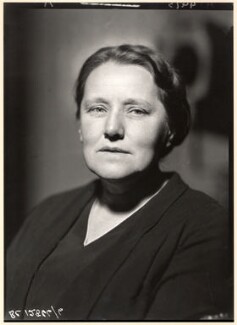 New Voices Member Andreas Vrahimis has published an entry in the Encyclopedia of Concise Concepts on Susan Stebbing. The ECC entry deals with Voluntarism in Susan Stebbing.
New Voices Member Andreas Vrahimis has published an entry in the Encyclopedia of Concise Concepts on Susan Stebbing. The ECC entry deals with Voluntarism in Susan Stebbing.
Vrahimis writes:
In her earliest writings, Stebbing (1913, 1914) broadly defines “voluntarism” as the thesis that “will is more fundamental than intellect” (1914: 13), which can have psychological, metaphysical, and epistemological manifestations. Voluntarists tend to reject determinism in preference to “radical contingency” (4). They also criticise the intellect’s limited epistemic capacities, appealing instead to various non-intellectual methods for acquiring knowledge. Stebbing (1914: 130-131, 161-162) distinguishes three types of voluntarist methodologies: (i) appeals to intuition (e.g. within French “spiritualism”), (ii) appeals to extra-rational choice (e.g. Pascal’s wager, James’ “will to believe”, or Renouvier’s “moral method” (Stebbing 1914: 161)), and (iii) appeals to action (e.g. Séailles’ and Guyau’s “philosophie des idées-forces”).
 Read the full article in the ECC and find out more about Susan Stebbing in the Directory. You can also listen Andreas Vrahimis talk on Susan Stebbing at 2024 HOPOS Conference in Vienna. Get in touch with Adreas Vrahimis and other researchers with the Find Scholars tool.
Read the full article in the ECC and find out more about Susan Stebbing in the Directory. You can also listen Andreas Vrahimis talk on Susan Stebbing at 2024 HOPOS Conference in Vienna. Get in touch with Adreas Vrahimis and other researchers with the Find Scholars tool.
You cannot copy content of this page








